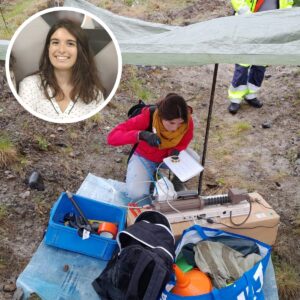As part of the Research Week organized by the University of Lorraine, we interviewed Alice to explain to students her career path and her research, and to inspire them to explore this path…
Can you tell us more about your background?
My name is Alice Wassermann, I am 27 years old and I am originally from Paris. Currently in my 3rd year of doctoral studies, I arrived in Nancy in 2019 after obtaining an engineering degree in geotechnics from Polytech Sorbonne (Paris) in 2018 and completing a M2 Research “Mechanics of Soils, Rocks and Structures in their Environment” between the École des Ponts et Chaussées and Centrale Supélec (Paris). At the end of this master’s degree, I naturally chose to pursue my studies in a PhD.
What is your research topic?
As a PhD student in the Soil Mechanics and Geotechnics team at LEMTA, I am working on the long-term mechanical behavior of cement-treated sand. My thesis is linked to the European project GeoRes (Geomaterials: from Waste to Resource) whose objective is to answer one of the most important challenges of geotechnical and geoenvironmental engineering: to develop innovative solutions for the reuse of used geomaterials generated by the construction and mining industries across Europe.
Which trip has marked you the most?
As part of my thesis, I had the opportunity to spend 5 weeks in Lulea, Sweden, with a team from Ramboll (a global engineering company). The objective of this exchange was to study the aging of mechanical properties of sealing layers in remediation techniques for the management of mining waste. It was thus the opportunity to have a practical case study on the treated soils and their possible degradation at real size for the development of my thesis work.
The experimental planning consisted in studying a test site set up 8 years ago in the Boden area by the geotechnical department of the University of Lulea. Two types of in situ geotechnical tests were performed to characterize these structures: the pressuremeter test and the dynamic penetration test. These tests allow respectively to recover geotechnical parameters translating in particular the resistance of the grounds and to make control of compaction.
This collaboration will give rise to an article in preparation.
An anecdote during your stay in Sweden?
One of the things that struck me the most was that the sun hardly ever sets in the summer in the Nordic regions! During my stay in Sweden last June, the nights were only 2-3 hours long. It is a unique experience to live.
What advice would you give to students interested in research?
I would advise them not to hesitate to talk to several researchers (doctoral students, post-doctoral students, teacher-researchers, researchers in companies, etc.). This will allow them to get a first idea of the research world (private sector / public sector for example) and to consider which type of research would suit them best. Then, all they have to do is find a motivating subject and get started!
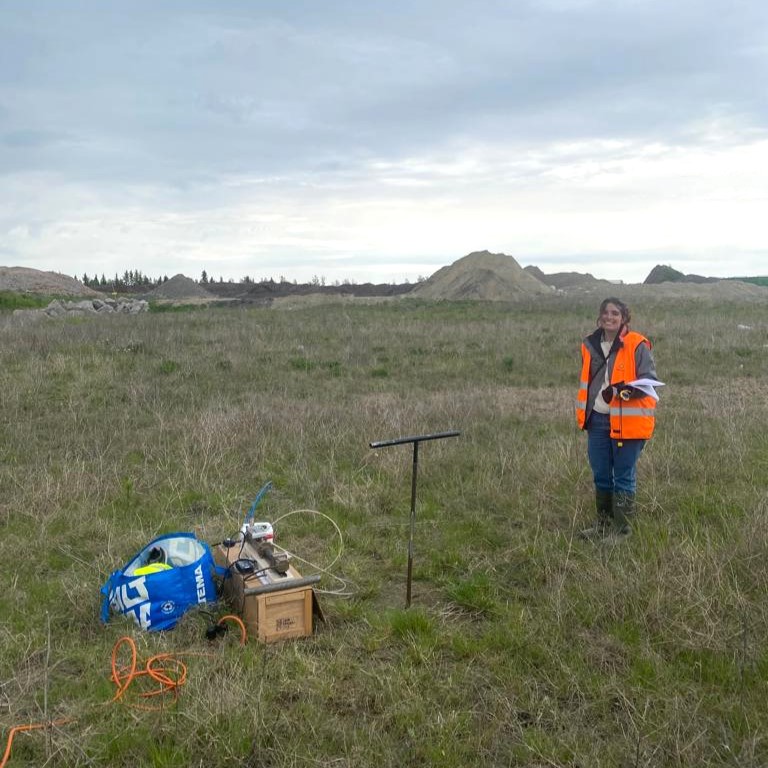
Pressuremeter tests on the Umea site |
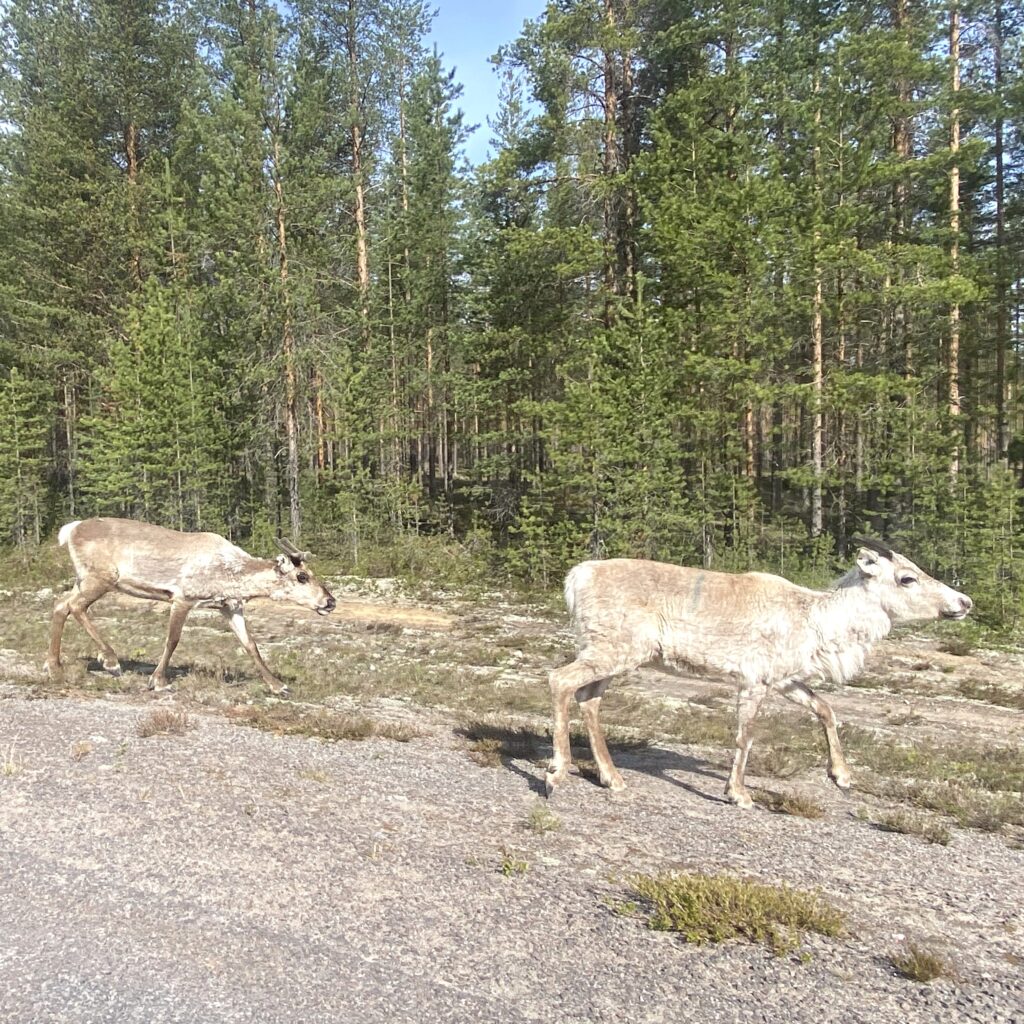
Rennes in the wild |
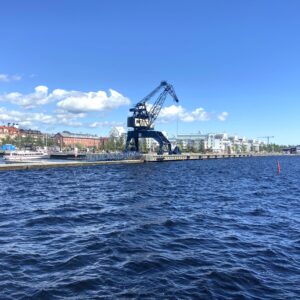 Port of Lulea |
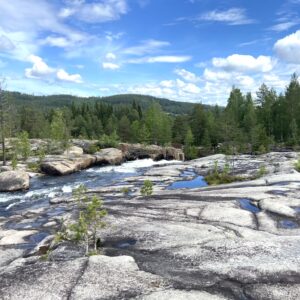 Natural site of Stroforsens |
